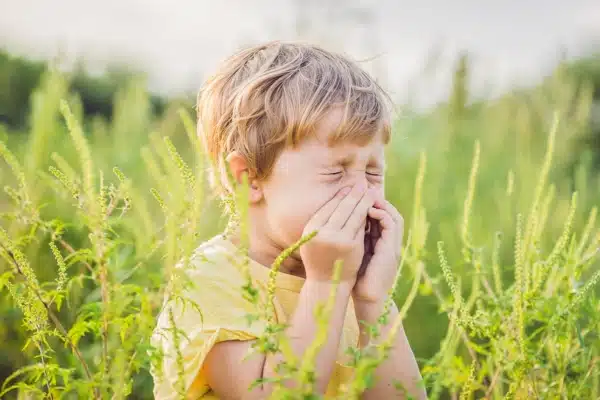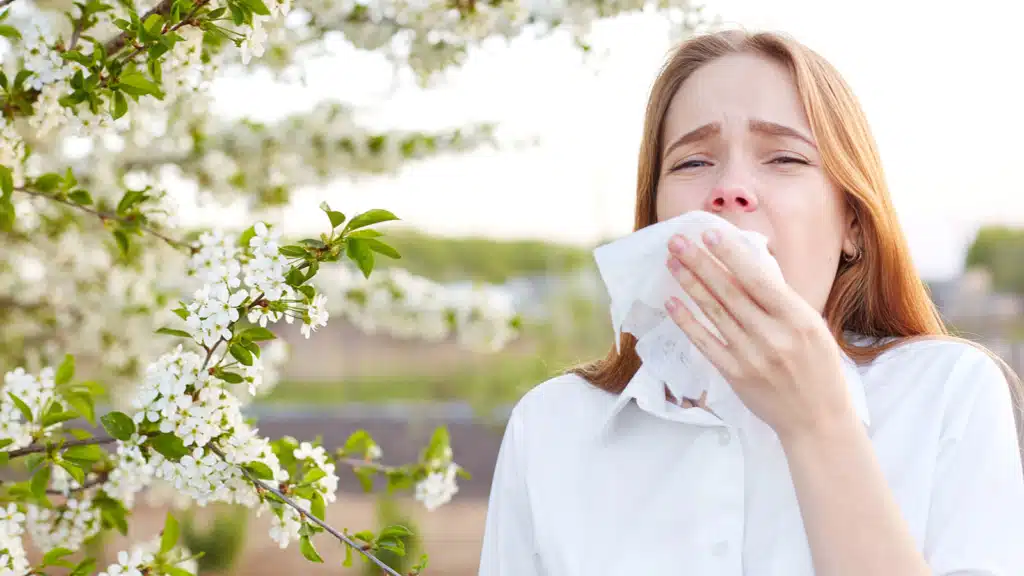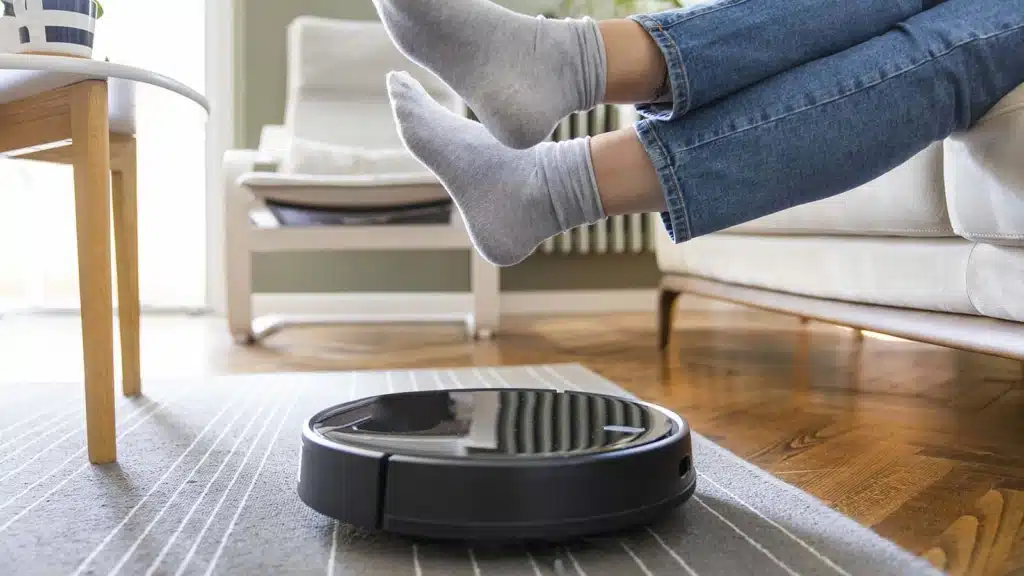 go back
go back
 go back
go back
When pollen is high: stay inside
Spring is over, so you should start experiencing some sort of relief from your allergies, right? Not necessarily. You may still be stopped up, sniffling, sneezing, and generally feeling out-of-sorts.
Why? Because it’s time for Summer Allergy Season! Long after May is past, these allergies continue.
While the trees have stopped spreading their pollen all over the land and into your nose, the grasses and weeds step up to take their turn at making you suffer. According to the Centers for Disease Control and Prevention, 60 million people per year in the United States suffer from pollen allergies.
An allergy to pollen can cause your nose to run or your sinuses to be stopped up. The intensity of the symptoms will vary depending on how sensitive you are to particular pollens.
This allergy is often referred to as hay fever or seasonal allergies. The most common allergy-causing pollens are birch trees, oak trees, grass, and ragweed plants.

What is a Pollen Count?
The pollen count measures how much pollen is in the air, but it has nothing to do with a person’s symptoms or how bad they might be. There aren’t always a lot of symptoms when the pollen count is “low,” and there aren’t always a lot of health problems when the pollen count is “high.”
Learn More About Pollen CountStinging Critters
In the summer, insects tend to get more active. Bees, wasps, yellow jackets, hornets, and fire ants come out to play. If you suffer allergic reactions to them, a run-in can lead to a life-threatening situation.
Usually, the bites cause mild symptoms such as an itch or swelling around the affected area. Pay attention, though. If your throat or tongue feels like it’s swelling, or if you feel dizzy or nauseated, you are experiencing an emergency and need medical help right away.
If you’re experiencing insect stings or bites, you should:
- Use an epinephrine shot for a severe allergic reaction if you have it, then call 911. Always carry two doses if you’re at risk for a severe allergic reaction.
- For mild reactions, apply ice to the bite area to ease the swelling. If there’s a stinger, remove it.
- Try a pain reliever like acetaminophen or ibuprofen.
- Use a topical cream like hydrocortisone to ease pain and itching. Calamine creams also help.
- Try oral antihistamines for itching.

Humidity and Heat
Mold and dust mites love the peak of the summer heat and humidity. Mold takes hold in the bathroom while dust mites nest in your bed, fabric, and carpets. Dust mites feed on the water in the air, absorbing the moisture through their bodies, so they need a humid climate to survive. Their residue gets into the air and sets off your allergy triggers. High humidity can also cause allergic rhinitis (hay fever).
Identify the Symptoms
What are the symptoms you may experience when you are encountering summer allergies? It’s mostly the same symptoms you had in the spring, such as:
- Runny nose
- Watery eyes
- Sneezing
- Coughing
- Itchy eyes and nose
- Dark circles under your eyes
What Can Be Done?
After you are diagnosed with summer allergies, you may end up needing either an over-the-counter solution or a prescription.
Over-the-Counter
- Antihistamines
- Decongestants
- Nasal spray decongestants, though we don’t recommend using these for more than three days
- Corticosteroid nasal sprays
- Eye drops
- Nasal irrigation
Prescription
- Corticosteroid nasal sprays
- Leukotriene receptor antagonists
- Ipratropium bromide nasal spray
- Immunotherapy

Take Precautions
There are proven ways to prevent an allergic reaction from occurring in the first place. Try these methods to avoid your triggers:
- When pollen is high: stay inside.
- Keep doors and windows closed and run your air conditioner. You can also run an air purifier.
- Clean air filters often. Don’t forget to clean bookshelves, vents, and other areas where pollen collects.
- Wash bedding and rugs in hot water.
- Wash your hair, shower, and change your clothes after going outside.
- Vacuum often and wear a mask. Try to use a vacuum with a HEPA filter.
- Wear a mask when you mow your lawn.
- Keep humidity in your house between 30% and 50%.

Medically Reviewed By: Thomas Johnson II, MD
Reviewed on: June 1, 2022
Our team of writers, editors, and medical experts goes over each article carefully to make sure the information is correct and that only reliable sources are used.
We regularly check to see if the info in this article matches up with the latest scientific research and expert advice so that we can give you the most up-to-date information. See list of trusted resources here.
Don't Let Allergies Hold You Back
During your first appointment, we’ll talk about your symptoms, how long you’ve been having them and about testing options. These will help us help find triggers and develop a treatment plan unique to you.
Make an Appointment